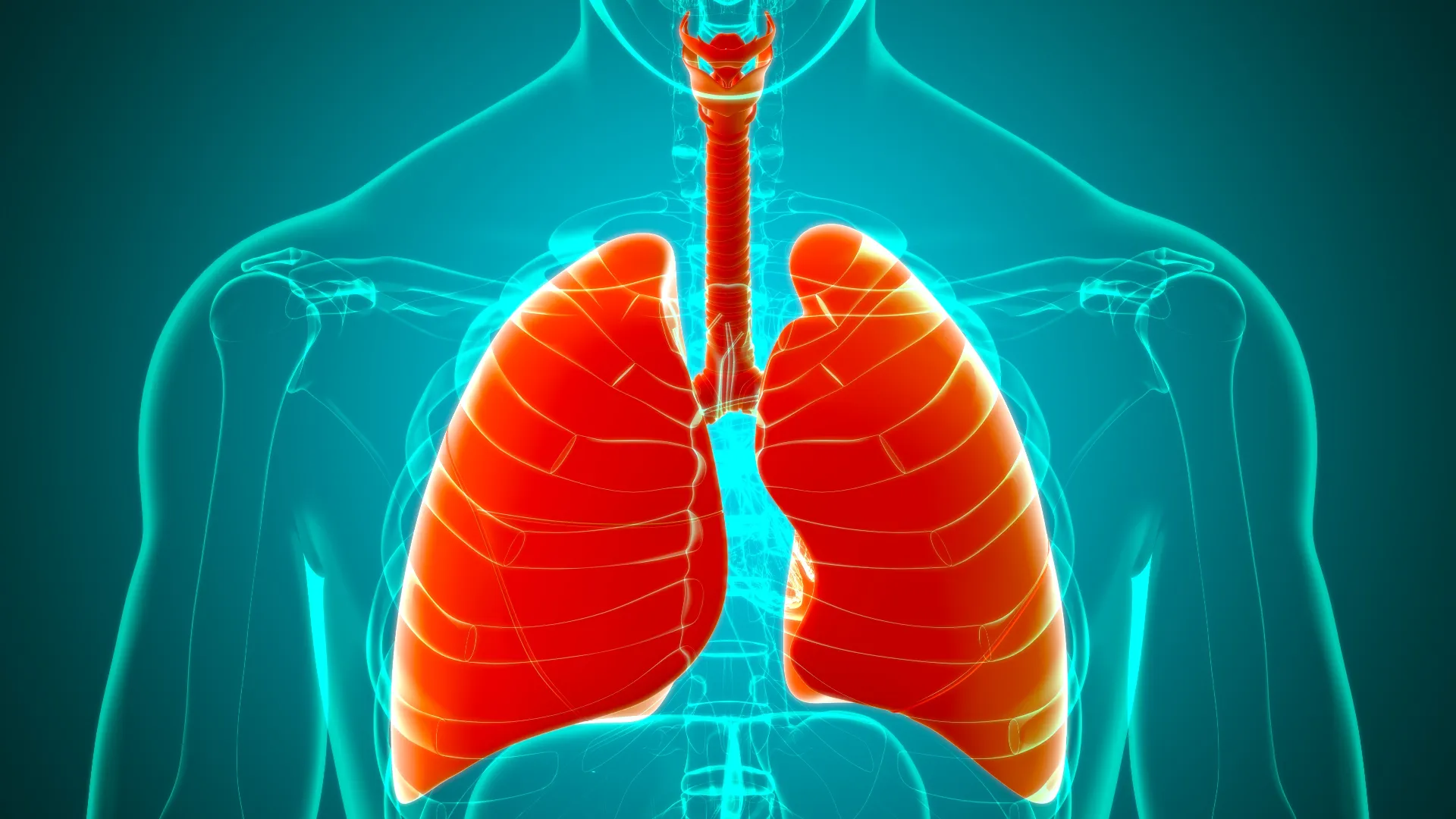Mesothelioma, a rare and aggressive cancer, occurs primarily due to asbestos exposure. In 70-80% of cases, the risk factor for developing mesothelioma is the inhalation or ingestion of asbestos fibers. Understanding the risk factors associated with mesothelioma is crucial for prevention and early detection. In this blog post, we will delve into the various risk factors associated with mesothelioma and explore preventive measures. Let’s explore the statistics and insights related to the risk factors of mesothelioma.
Types of Mesothelioma
Mesothelioma, a rare and aggressive form of cancer, can be categorized into three main types based on the location in the body where the tumors develop. Each type has its own characteristics and affects different parts of the body.
1. Pleural Mesothelioma
- This type occurs in the lining of the lungs, known as the pleura.
- It is the most common form, accounting for about 75% of all cases of mesothelioma.
- Risk Factors: Exposure to asbestos is the primary risk factor for developing pleural mesothelioma. Inhalation of asbestos fibers can lead to the development of tumors in the pleura over time.
2. Peritoneal Mesothelioma
- Peritoneal mesothelioma develops in the lining of the abdomen, known as the peritoneum.
- It accounts for about 20% of all mesothelioma cases.
- Risk Factors: Once again, asbestos exposure is the primary risk factor. However, it’s important to note that not everyone exposed to asbestos will develop mesothelioma.
3. Pericardial Mesothelioma
- This rare type affects the lining around the heart, called the pericardium.
- It represents only about 1% of all mesothelioma cases.
- Risk Factors: As with the other types, exposure to asbestos is the main risk factor for developing pericardial mesothelioma.
In summary, the different types of mesothelioma have distinct locations in the body and varying levels of prevalence. Understanding the specific type is crucial for determining the most effective treatment approach and prognosis for patients.
It’s important to note that while asbestos exposure is a significant risk factor for all types of mesothelioma, other factors such as genetics and individual health history may also play a role in the development of this aggressive cancer.
Symptoms and Diagnosis
Mesothelioma symptoms can be difficult to identify because they often mimic those of other conditions. However, early detection is crucial for improving prognosis and treatment outcomes. Here’s what to look out for:
- Symptoms: Common symptoms of mesothelioma may include:
- Persistent cough
- Shortness of breath
- Chest pain
- Fatigue
- Unexplained weight loss
- Respiratory complications
- Abdominal pain and swelling (for peritoneal mesothelioma)
- Swelling of the neck or face
- Muscle weakness and sensory loss (for mesothelioma affecting the lining of the heart)
- Diagnosis: Diagnosing mesothelioma typically involves the following steps:
- Physical Examination: A thorough physical assessment to check for symptoms and potential risk factors.
- Imaging Tests: Imaging studies such as X-rays, CT scans, MRIs, or PET scans are used to identify abnormalities or fluid buildup.
- Biopsies: Tissue samples are obtained through biopsy procedures to confirm the presence of mesothelioma cells and determine the cancer type.
